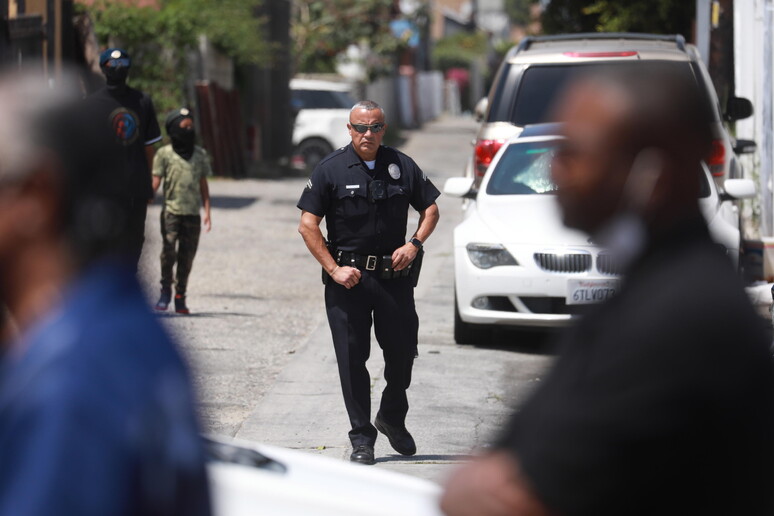The operation featuring the special “Q-Team” units, the new face of the strategy to tackle everyday nuisances, has just been launched across New York City. Promoted by Mayor Eric Adams and Police Commissioner Jessica Tisch, this new team of specially trained officers will be cracking down on so-called “minor offenses,” ranging from illegal vending to reckless scooter driving and unlawful sidewalk obstructions. The goal is to restore order and safety to neighborhoods, responding swiftly to residents’ complaints.
The initiative follows a two-month pilot program which, according to the new division, yielded significant results: more than 6,100 summonses, 357 arrests, and an average improvement of 16 minutes in response at 311, the official line for complaints. Commissioner Tisch stated that the division had proven its ability to intervene effectively, staying focused on the issues most frequently reported by citizens. She explained that the campaign will expand citywide over the next six weeks, with full implementation expected by Labor Day.
According to the rollout calendar, the Q-Team will arrive in the Bronx on July 21, in Brooklyn on July 28, in Queens on August 11, in Staten Island on August 18, and finally in the residential areas managed by the New York City Housing Authority (NYCHA) on August 25. Supporting the operations will be a new monitoring system, “Q-Stat,” modeled on the well-known CompStat program, which will allow for real-time analysis of complaints and optimized interventions.
However, Michael Sisitzky, a senior policy counsel at the New York Civil Liberties Union (NYCLU), expressed serious concern, calling the initiative a new form of “broken windows policing” the controversial theory and enforcement strategy developed in the 1980s, based on the idea that tolerating minor offenses or visible signs of urban decay can lead to more serious crimes. In his view, the plan reflects the current administration’s inability to move beyond the model used by Rudolph Giuliani in New York City, and risks resulting in over-policing of neighborhoods that are already vulnerable.
Giuliani, along with then–Police Commissioner William Bratton, implemented the “zero tolerance” policy, which aimed to restore order by addressing even small details: removing graffiti, evicting street vendors and homeless people, and cracking down on unlicensed parking attendants. While the plan contributed to a dramatic reduction in crime, it was also criticized for disproportionately affecting marginalized communities, sparking tensions and controversies that continue to divide public opinion and experts to this day.
Sisitzky emphasized that these resources could be better spent on social services, healthcare, housing, and educational opportunities tools that genuinely improve citizens’ quality of life without criminalizing poverty or social marginalization.










